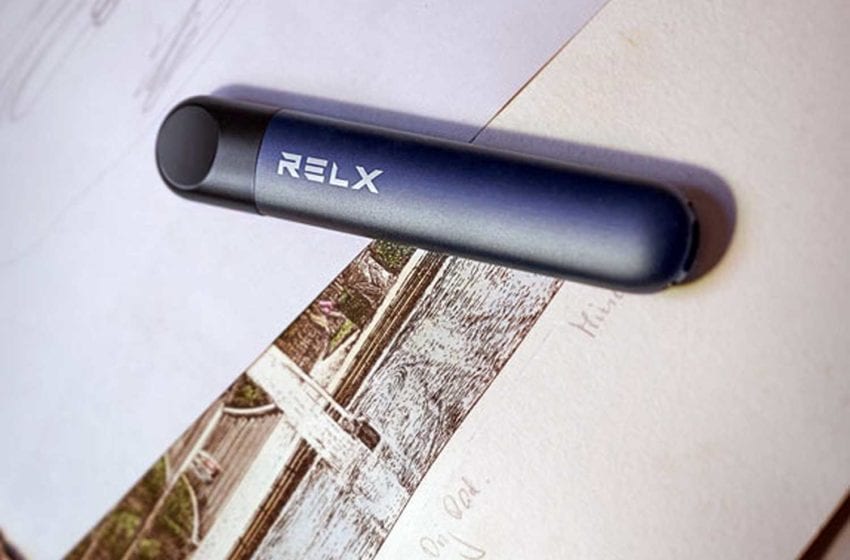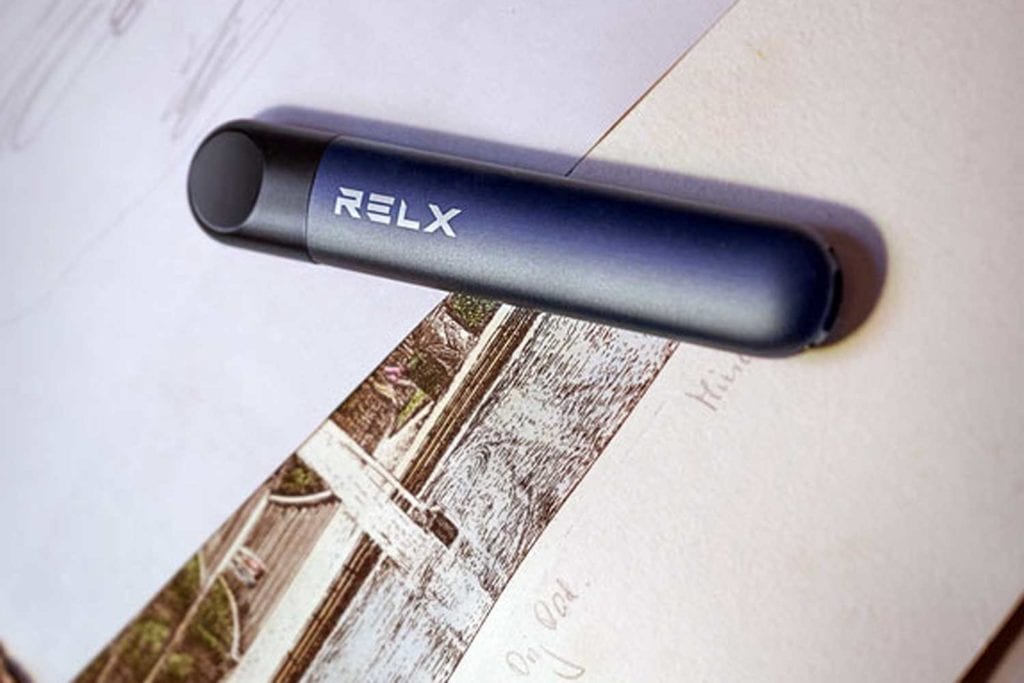RLX Technology reported net revenues of RMB1.04 billion ($146.8 million) in the third quarter of 2022, down from RMB1.68 billion in the same period of 2021. The decrease was due primarily to the suspension of store expansions and the discontinuation of older products during the transition to the new national standards, according to the Chinese vapor product manufacturer.
Gross profit was RMB522 million for the quarter compared with RMB656 million in the same period of 2021. Gross margin was 50 percent compared with 39.1 percent in the prior year period. RLX Technology attributed the improvement to a favorable change in channel mix. Because the company gradually terminated partnerships with distributors who did not obtain wholesale licenses during the transition period, its sales contribution from retail stores increased as RLX began to directly provide products to these retail stores. The company benefited also from a decrease in direct cost related to promotional activities.
“During the third quarter of 2022, we remained dedicated to preparing for a smooth transition to the new national standards, which came into full effect on Oct. 1, 2022. Specifically, we wound down shipments of our older products and gradually switched to the National Transaction Platform on a regional basis. We have now achieved full geographical coverage nationwide,” said Ying Wang, co-founder, chairperson of the board of directors and CEO of RLX Technology, in a statement.
“In addition to our efforts to proactively adapt to the new standards, we have focused on fulfilling our social responsibilities, which we see as one of our core competitive advantages. We recently published our annual corporate social responsibility report, summarizing our endeavors with respect to market responsibility, R&D investment, environmental protection, employee career development and corporate governance. I am proud to share that our latest S&P CSA ESG score ranked ahead of 67 percent of our global peers, representing a powerful commendation of our commitment to sustainability and ESG best practices.”
“We delivered net revenues of approximately RMB1 billion in the third quarter, recording a sequential decrease mainly due to the discontinuation of older products during the transition to the new national standards as well as the second quarter’s high comparison basis mainly attributable to frontloading of sales in anticipation of the discontinuation of older products. We remain confident that our diversified portfolio will continue to satisfy adult smokers’ needs and that our sales will gradually recover,” said Chao Lu, chief financial officer of RLX Technology.
“Meanwhile, our continuous efforts to improve operational efficiency are proving effective, evidenced by a 30.9 percent quarter-over-quarter decrease in non-GAAP operating expenses. However, our profitability in the coming quarters will be adversely affected by the application of 36 percent consumption tax to e-cigarettes manufacturers since Nov. 1, 2022. Cost control measures will remain at the forefront of our strategic initiatives as we navigate the evolving regulatory environment while maintaining our sustainable long-term growth.”




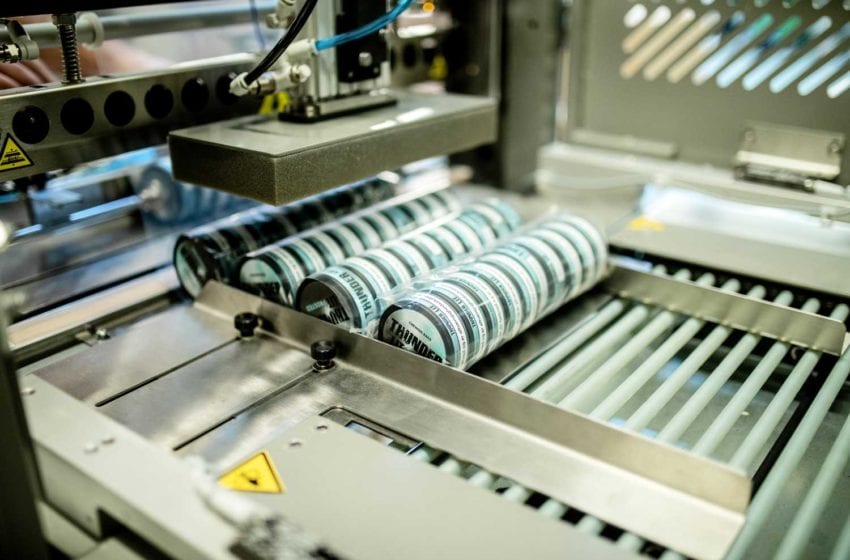
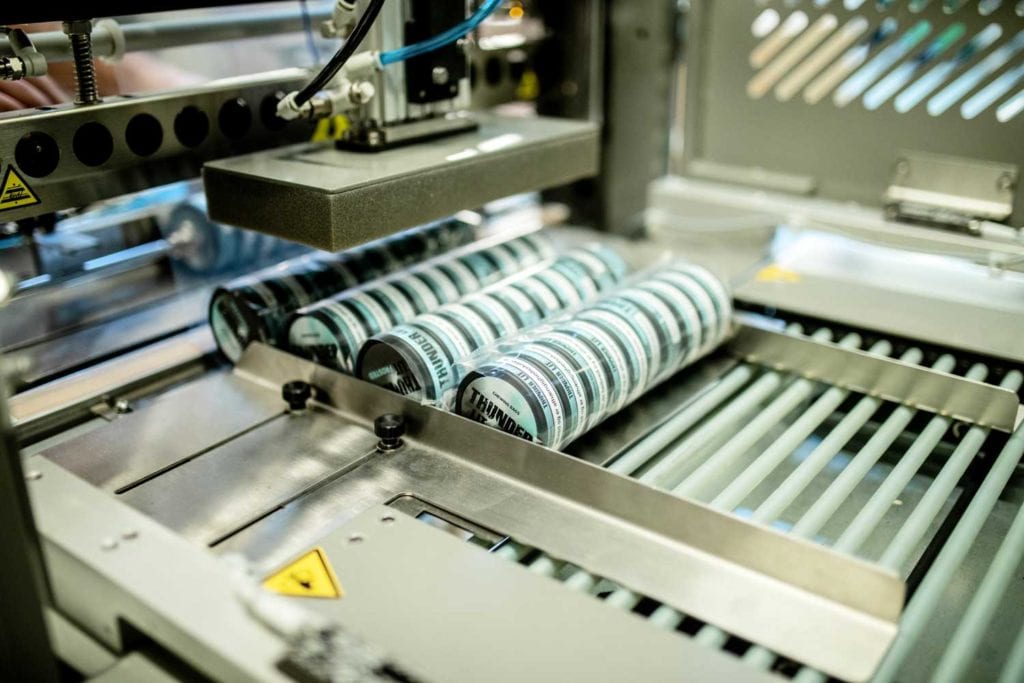






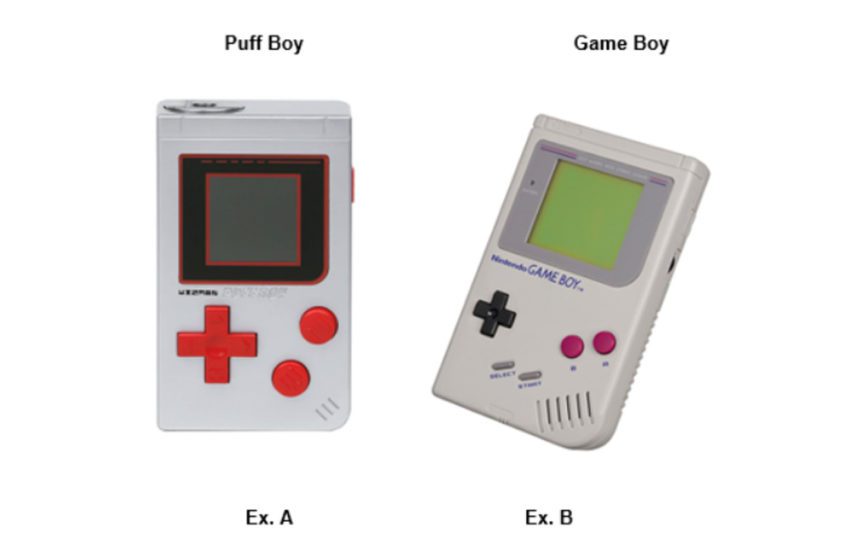
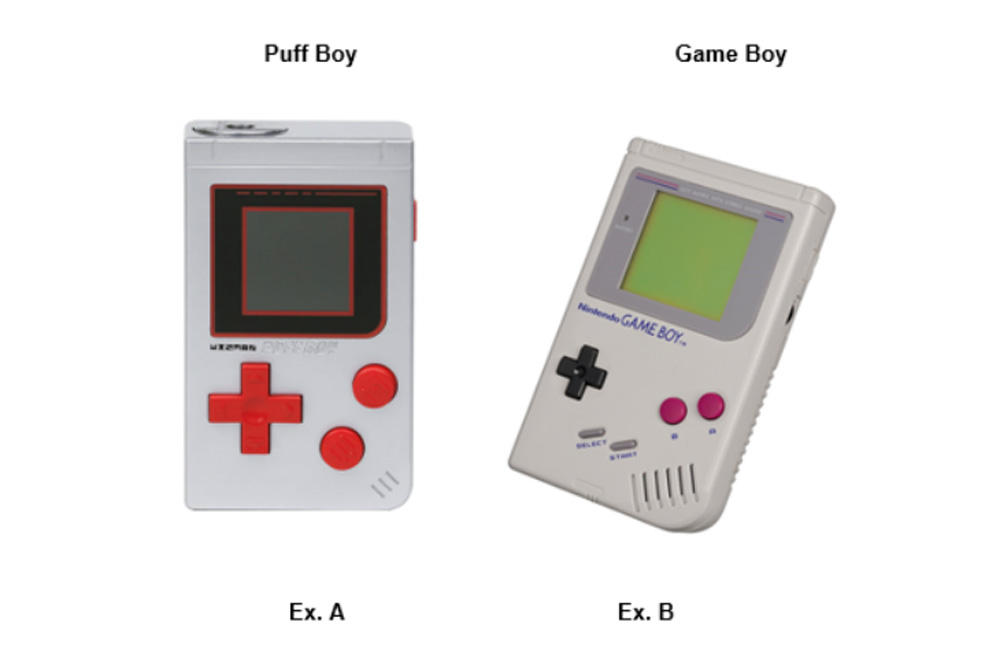
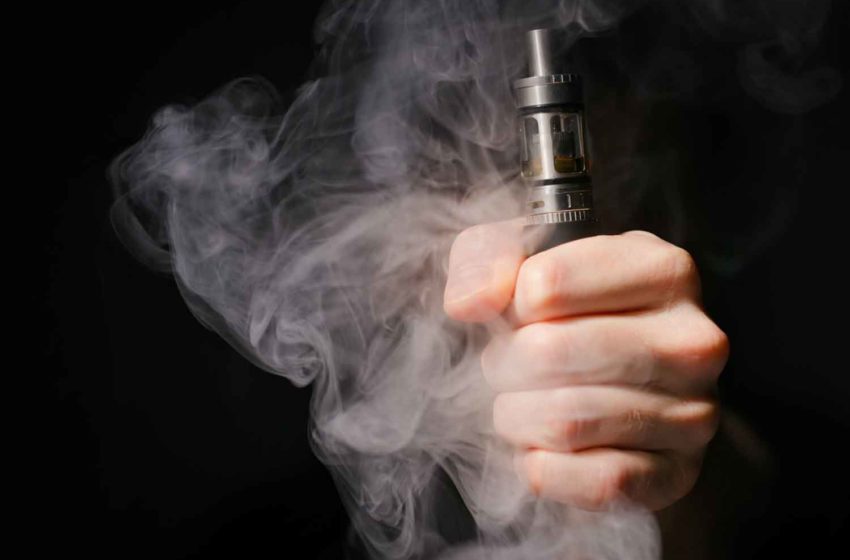
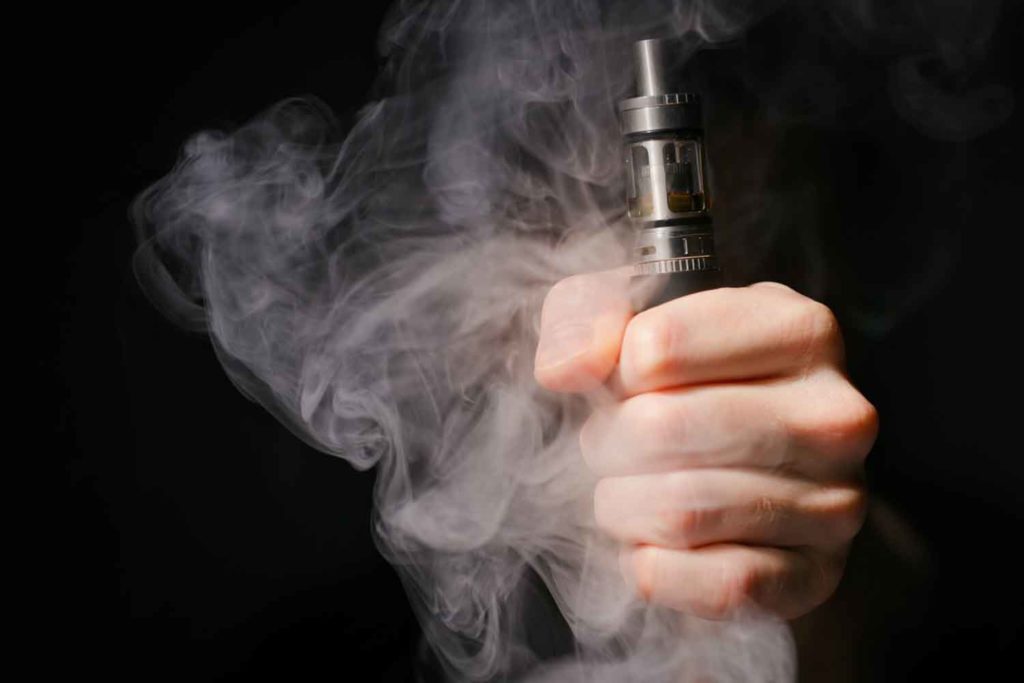

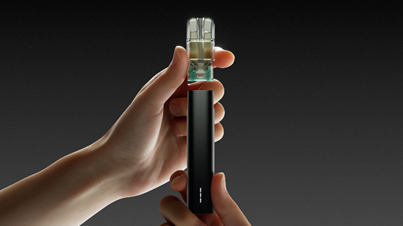
 China’s State Tobacco Monopoly Administration has granted Snowplus Tech a production license that allows the company to produce 80 million pods annually. In a press note, the company said it will now take on the “challenge and responsibility to help lead the development of a healthy and sustainable vaping industry.”
China’s State Tobacco Monopoly Administration has granted Snowplus Tech a production license that allows the company to produce 80 million pods annually. In a press note, the company said it will now take on the “challenge and responsibility to help lead the development of a healthy and sustainable vaping industry.”